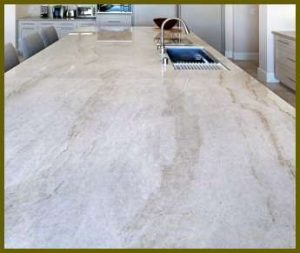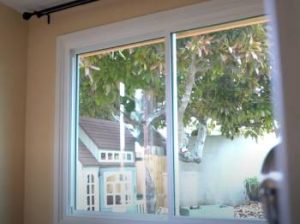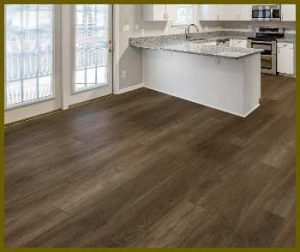Imagine, for a moment, you are sipping your morning coffee in the tranquil corner of your new patio, the sun gently warming the Peacock Pavers under your feet, and the scent of flowers wafting in the air. Your mind might then wander, as it often does, wondering how such an environment was ever possible. Well, that’s the magic of Peacock Pavers, your companion in creating spaces of lasting beauty and timeless appeal.
But are they really as good as they seem? Or are there nuances to consider? Let’s embark on a journey to find out.
Pros and Cons: The Unveiling of Peacock Pavers
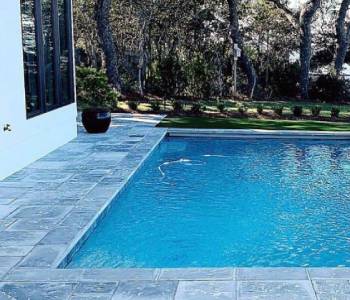
The Upsides: Why Everyone’s Raving about Peacock Pavers
The first aspect that makes Peacock Pavers such a popular choice is their astounding variety. Whether you’re looking for rustic charm or a sleek, modern look, you’ll find a design that fits your vision. Their range of colors, textures, and sizes cater to diverse tastes and architectural styles.
The next big advantage is their durability. Peacock Pavers are crafted from architectural-grade concrete, ensuring they stand up against extreme weather conditions, heavy foot traffic, and the test of time. And, unlike natural stone, they are less likely to chip, crack, or splinter.
Plus, their easy installation is a big win for both DIY enthusiasts and professional builders. Their uniform thickness and size make the process a breeze, saving both time and labor costs.
Read More: About Cumaru Wood Flooring
The Flip Side: A Few Considerations before Opting for Peacock Pavers
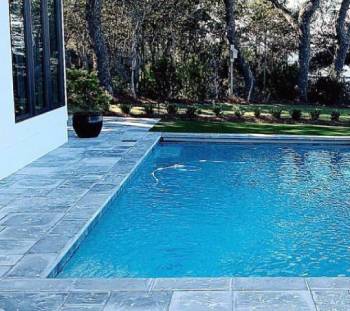
No product is perfect, and Peacock Pavers are no exception. One issue some homeowners face is staining. Yes, these pavers can be susceptible to stains from organic material or harsh chemicals. However, with proper sealing and regular maintenance, you can largely mitigate this issue.
Another point of contention is the price. While Peacock Pavers are more affordable than natural stone, they do command a higher price tag than basic concrete or brick pavers. Thus, budget considerations might play a role in your decision-making process.
Lastly, the pavers’ weight can pose challenges. Their architectural-grade concrete build, while ensuring durability, does mean they are hefty. For larger projects, this could result in higher transportation costs and more complex installation.
FAQ: Answering Your Pressing Questions about Peacock Pavers
Now, let’s address some frequently asked questions that may be simmering in your mind.
Peacock Pavers is a family-owned business. Richard Curry started the company in the late 20th century, seeking to replicate the timeless aesthetic of Old World stone using cast concrete.
Peacock Pavers are made from architectural-grade concrete. This unique formulation gives them the appearance and texture of natural stone, while providing superior durability and versatility.
Removing stains from Peacock Pavers can usually be done with a mild detergent and a scrub brush. However, for stubborn stains, it’s recommended to use a paver cleaner designed for concrete surfaces. Always remember to reseal the pavers after cleaning to protect them from future stains.
Peacock Pavers come in various thicknesses, depending on the size and intended application. Typically, they range from 1/2 inch for small-format pavers to 1-3/4 inches for larger pavers.
The size of a paver patio depends on the intended use and available space. As a general rule, a 10 x 10 feet patio is suitable for a small bistro table and chairs, while larger areas may require up to 18 x 18 feet or more.
The ideal thickness for pavers depends on their usage. For pedestrian-only areas, 1-3/4 inch thickness is generally sufficient. For driveways or other areas that need to support vehicles, a thickness of at least 2-3/8 inches is recommended.
The Comparative Analysis: Peacock Pavers vs. The Competition
While Peacock Pavers have carved out a niche in the market, there are a few close competitors that are worth mentioning.
Peacock Pavers vs. Belgard Pavers
Belgard Pavers are another popular choice for homeowners and professionals alike. Unlike Peacock Pavers, Belgard offers interlocking pavers, providing a different aesthetic and functional attributes. Belgard pavers are durable, but they lack the authentic stone-like appearance that Peacock Pavers offer. On the pricing front, Belgard Pavers tend to be more affordable.
Peacock Pavers vs. Unilock Pavers
Unilock is a heavyweight in the paver industry. They offer an extensive range of colors, sizes, and finishes, similar to Peacock Pavers. However, Unilock’s main selling point is their advanced technologies for stain resistance and color longevity, which might give them an edge for those concerned about long-term aesthetics.
Read More: About Naturally Aged Flooring
The Epilogue: Weighing Your Options
Choosing the right pavers can significantly impact the beauty and functionality of your outdoor spaces. Peacock Pavers, with their luxurious appeal and long-lasting durability, can be an excellent choice. However, considering their potential staining issues, price, and weight, alternatives like Belgard and Unilock may also warrant consideration.
In the end, it all boils down to your personal preferences, budget, and project specifics. But no matter which brand you choose, remember that a stunning patio or walkway is more than just the pavers—it’s the memories you’ll make there. Happy paving!

